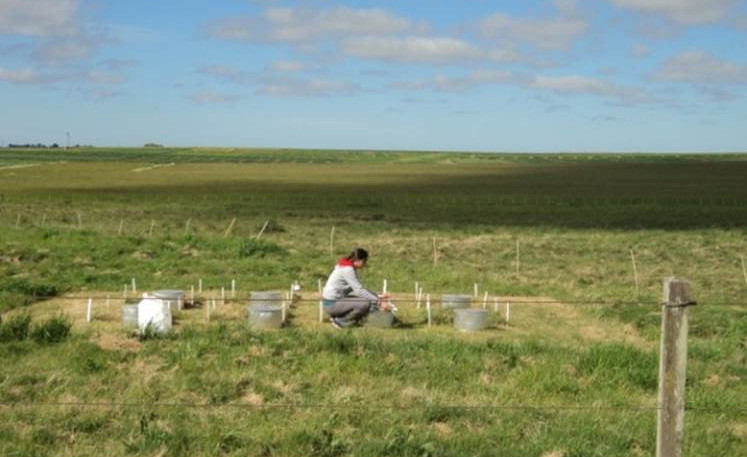Find out more about our research on the Influencers@Lincoln podcast
04 August 2022 | News
Influencers@Lincoln, hosted by lecturer Dr Hafsa Ahmed and broadcast on Plains FM, highlights some of the world-class research at Lincoln University.
 Dr Hafsa Ahmed
Dr Hafsa Ahmed
Dr Ahmed is a lecturer in the Lincoln University Department of Global Value Chains and Trade, and an applied researcher with expertise in stakeholder ecosystems and engagement.
She says the podcast provides a platform for the dissemination of knowledge in an attempt to promote greater collaboration between stakeholders.
Find out more about Influencers@Lincoln.
Episodes
 From thoughtscapes to landscapes (0:29:28)
From thoughtscapes to landscapes (0:29:28)
Red meat sector emissions – myth versus reality (0:29:54)
Professor Derrick Moot leads the Dryland Pastures Research programme at the university and recently summarised the work of a number of scientists to highlight that land use and productivity changes in the red meat sector mean absolute emissions and emissions per unit of product have declined by 30% and 40% respectively since 1990.






